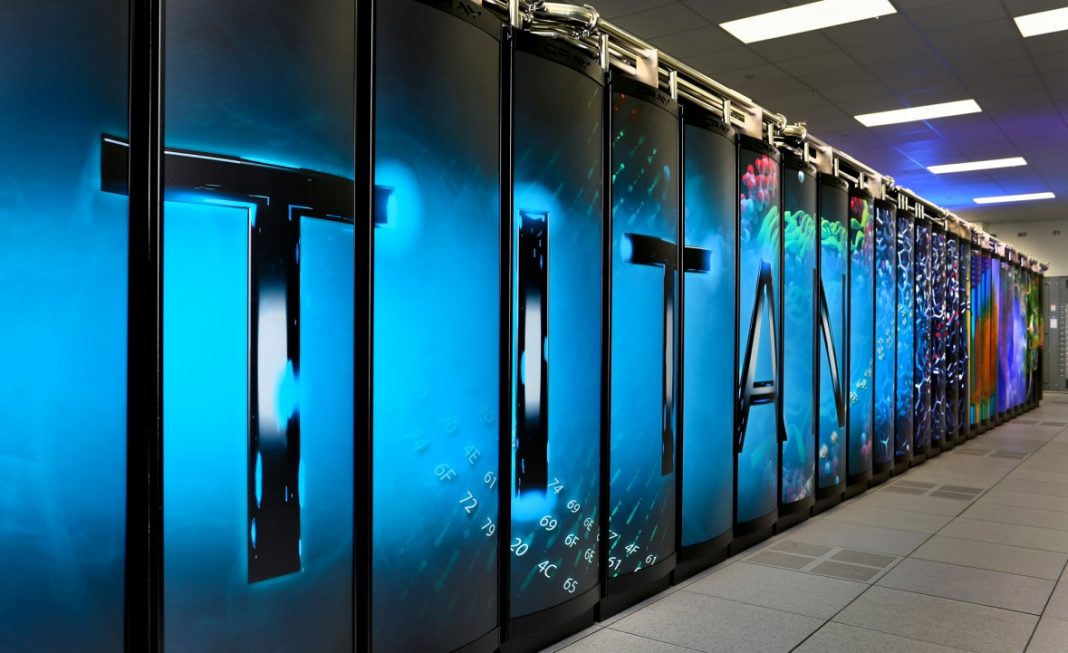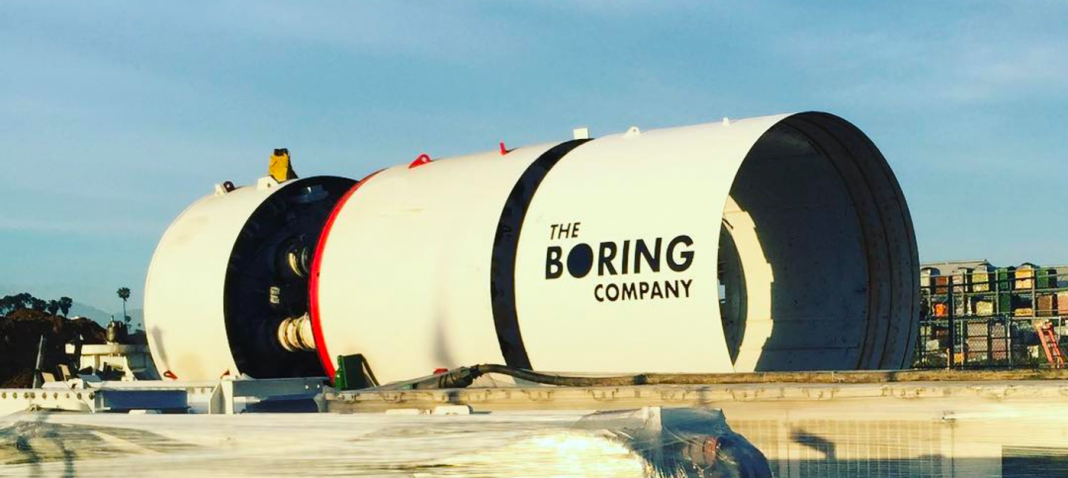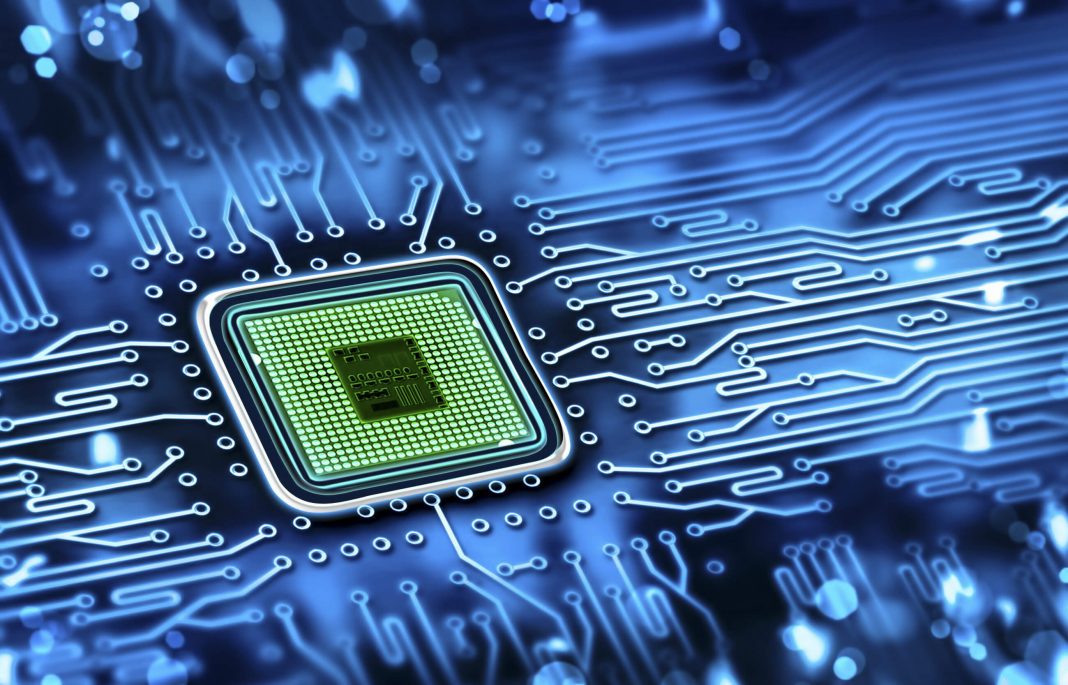While America’s computing power continues to drop in rankings, the Department of Energy is investing $258 million to get back in the game.
The latest ranking of worldwide supercomputers shows that America’s Titan device is not in the top three. Instead the Taihu Light, based at the National Supercomputing Center in Wuxi, China is first for the second year in a row. The TaihuLight can calculate of 93 quadrillion problems per second. That’s nearly three times the speed of Tianhe-2, which is second. Piz Dain, housed at the Swiss National Supercomputing Centre, is third.
Unfortunately, the Piz Dain, recently upgraded by Nvidia GPUs, blocked out the U.S. Department of Energy’s Titan. Placing fourth, the Titan, contained at Oak Ridge National Laboratory, is capable of making 17.6 quadrillion calculations per second, one-fifth the speed of TaihuLight. Despite being out of the top three, the U.S. is still home to 5 out of the top 10 fastest supercomputers and can claim 169 of the fastest 500. Meanwhile, China has only 160.
This report highlights America’s diminishing capacity a supercomputing super power. It is the first time in over 20 years that the U.S. hasn’t had a device in the top three ranking. Although the U.S. still has a significant foothold in supercomputing territory, it continues to lag behind China when it comes to computational problem-solving.
Even though quantum computing, a leading technical breakthrough in 2017, promises to surpass supercomputers, we’re a number of years away from a practical working quantum computer capable of taking on large-scale problems. Even then, there’s no guarantee, beyond a few specific problems already proven to be solved at impressive speeds, that every problem will be solved at these faster speeds too.
In the meantime, the fields of research in America that relies on the speed of the supercomputers, like medical drugs, climate modeling, and material science, are lacking the comparable speeds of other nations.
But the Department of Energy is well aware of America’s computer pitfalls. Recently, it announced a $258 million funding infusion for its exascale computer research. The money, set to fuel the building of supercomputers 50 times as fast as Titan, will be divided amongst AMD, Cray, Hewlett-Packard Enterprise, IBM, Intel, and Nvidia for research.
The ultimate goal is to have a computer system that can perform one quintillion operations per second, 10 times faster than TaihuLight, in five years. However, China, invested just as heavily in supercomputers as the U.S., claims it will have a comparable system ready in only four years. Speed is the key if America wants to stay competitive.
Related Links;
- The New Fastest Supercomputer Is Chinese Through and Through
- The U.S. No Longer Has One of the Top Three Fastest Supercomputers
- Advances at Google, Intel, and several research groups indicate that computers with previously unimaginable power are finally within reach.
More News to Read











